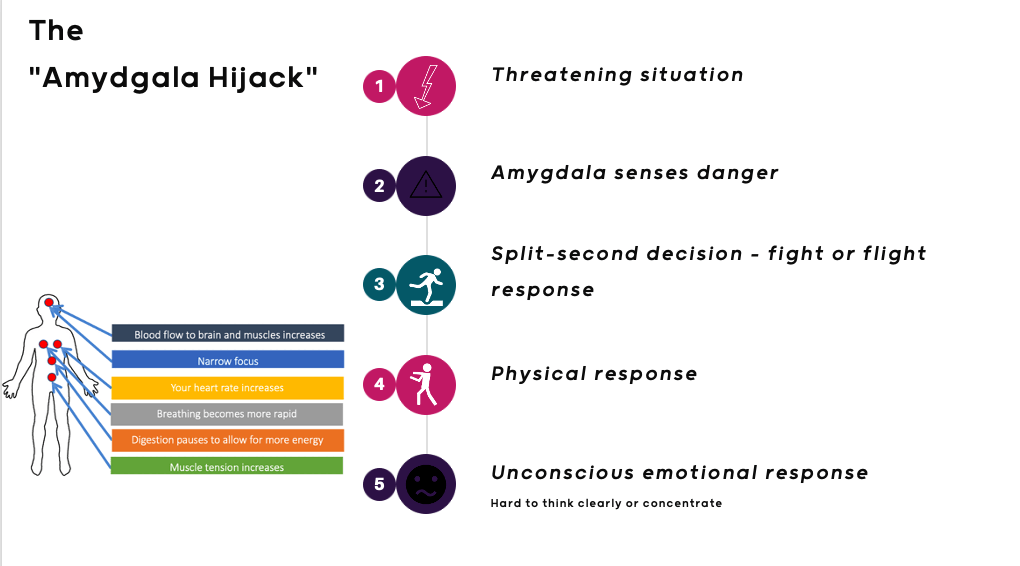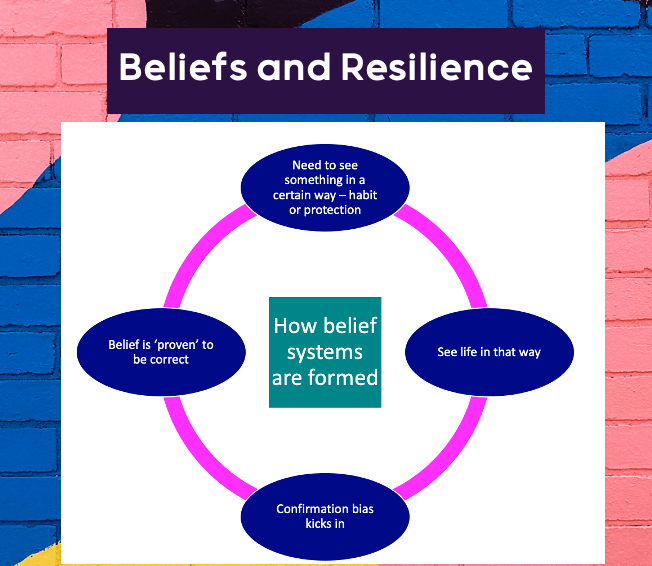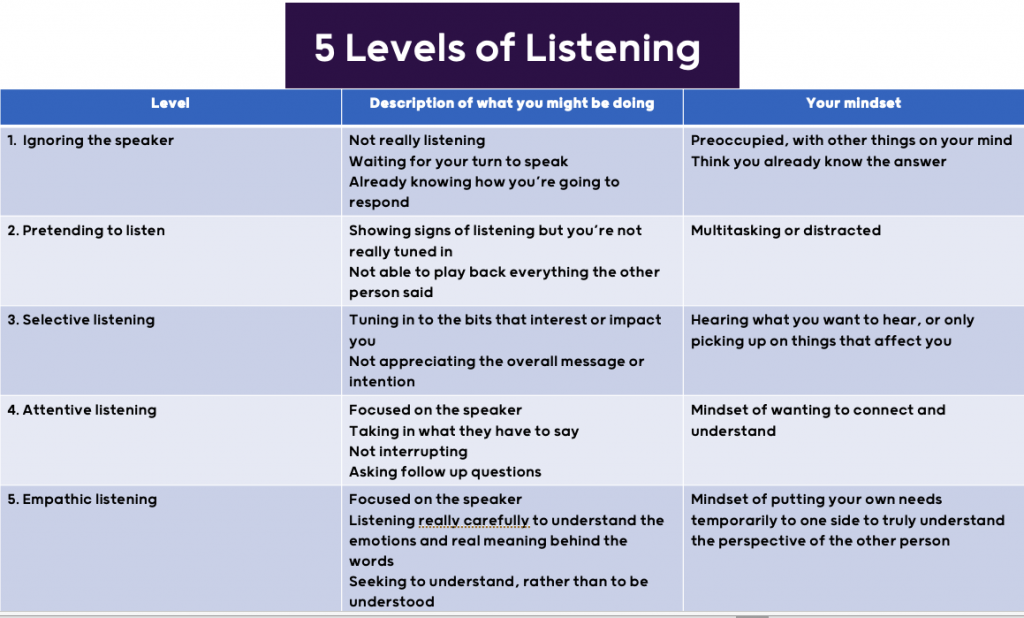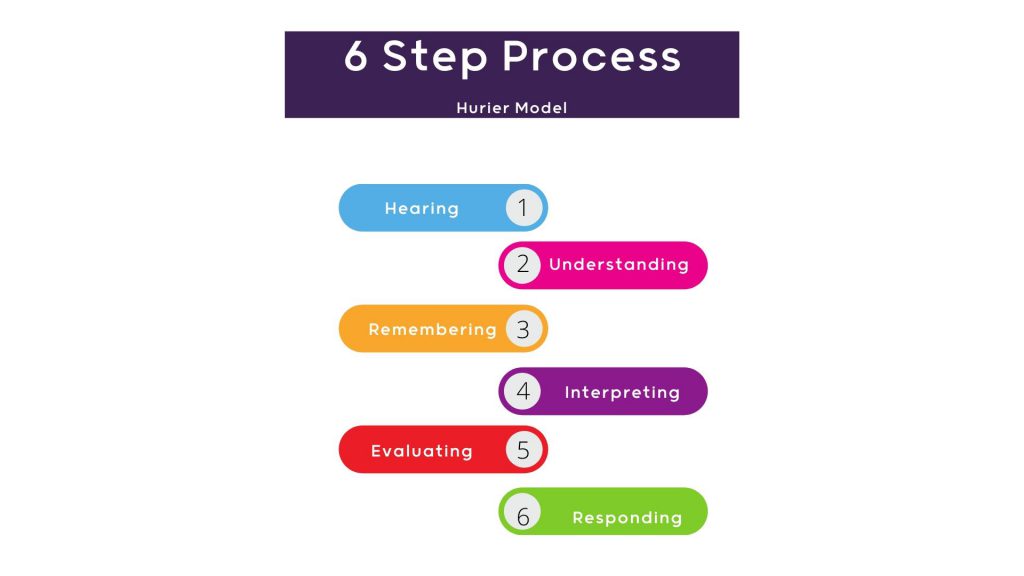Posted in Blog, Facilitation, Influencing people, Lead, Lead Your Team by Jo North
Why Listening Skills are Important for Facilitators
Why on earth would I write a training on listening skills for facilitators? Listening seems intuitive, just something that we do anyway, doesn’t it? That’s true, and on the other hand, listening is an important skill that we can further develop to really deepen and enhance the impact of our facilitation and the delegate experience that we create.
My perspective and belief is that our role as facilitators is to provide the service of putting the brilliant minds in the virtual or physical room to work, to access and leverage their collective wisdom. We create the structure, environment, process and support for people to come together to learn, co-create solutions to problems and opportunities and connect.

I also believe that the listening skills I’m going to cover here are every bit as valuable outside the context of facilitation as they are within it. For facilitators who run their own business or who are part of a larger organisation, they help us truly connect with our clients – internal or external – and our colleagues. They’re valuable for when we’re at home, too.
Core Principles – Listening Skills for Facilitators
The core principle is that we have different levels of listening. That means we listen in a variety of different ways. Being present and mindful of this when we are with others and checking in with ourselves to make sure we are listening at the right level for the situation massively enhances our facilitation effectiveness.
If you’d like to receive a free copy of this article as a single pdf that you can use at your convenience, just download it here.

Here’s what I’m going to cover:
- The 3 Contexts of Listening
- The 5 Levels of Listening
- The Hurier Listening Model
That’s a lot of listening skills content, isn’t it? There’s more to listening than first appears, which is why, when you’ve read and processed the content in this training you will have deeper knowledge that, when you put it to good use, will enhance your presence, impact, confidence and make you much smarter than the average bear.
Let’s get started!
The 3 Contexts of Listening
Here, the word ‘context’ means the circumstances that form the setting for your listening. The contexts in which you listen begin with you listening to yourself – i.e. your own internal narrative. You also listen to understand another person, or small group of people. Finally, the third context is that you listen to what is going on in the world more broadly.
These 3 contexts are not always clearly partitioned or defined. They’re often more like points on a continuum.
Our world view – our belief system – is informed by what we hear when we’re listening. Likewise, our our belief system influences what we receive from what we hear when we are listening.
We’ll get into this some more now.
Context 1 – Internal Listening
When you’re engaged in internal listening, you’re focusing on yourself and your own thoughts. This may be consciously or subconsciously.
Sometimes, when people speak to us, we begin to think about what they are saying means for us, instead of truly listening to what they are saying. We even might hardly listen at all, and just wait for them to speak so that we can say what’s on our mind.
In reality, our inner narrative is almost always present. It doesn’t always get turned off just because we want to listen to others! Whether we realise it or not, we are often processing the information we hear in relation to what that means for us.

This can be a challenge when we are facilitating, a simple example being that someone could raise something important or complex and start to describe it at length when we really want the group to move on to the next activity. There’s a tension between us wanting to listen and give the person the airtime and focus, and the narrative in our own heads about wanting to move on. The thing to do here is to acknowledge to yourself that you want to move on, and then give your full attention to the person who wants to speak, making it clear that it would be good to start the conversation now and then dive into more deeply at a later point.
Our internal listening is influenced by our belief system, which in turn is influenced by our previous experiences.
We also listen differently when we are stressed or anxious. Our clarity of thought is affected by something called an amygdala hijack, shown in the visual here. Stress gives us such a narrow focus that we are less receptive to wider information, even information that can help us. Simply understanding this can support better and more healthy internal listening through self-awareness and mindful management of our self-talk.

The Amygdala Hijack
Recognising, acknowledging and appropriately managing your own internal narrative is a really powerful way in which you can reduce the filters between you and others, so that you can connect, empathise and facilitate on a deeper level.
Context 2 – Listening to the person – or people – we are with
When you’re listening to the person – or people – you’re with, you’re tuning into their verbal, non-verbal and paraverbal communication.
Paraverbal communication the messages that we transmit through the tone, pitch and pacing of our voices. It is how we say something, not what we say.
It can be more challenging to pick up on the more subtle non-verbal and paraverbal cues from delegates when we are engaged in virtual facilitation, and need to work harder to identify them and spot them on screen and via the audio.

Context 3 – Listening to what’s going on in the world
We’re also always listening to what’s going on around us more generally and globally. We’re ‘listening’ to news, social media, society, trends – and never before has so much information been so readily and easily available to us.
We listen to the mood of our community, society, the nation and the world.
What we choose to expose ourselves to influences our beliefs, and our beliefs influence what we choose to listen to.
Listening and Belief Systems
We each have our own belief system, a set of personal perspectives and points of view that gives us our fundamental base of principles that inform everything that we think, say, do and believe. They help us to process and make sense of the complexity of the world around us.
Our belief systems come from things that we regularly do, or experience, that create our interpretation of what is “common sense.”
They also come from times when we have previously had to protect ourselves from a threat or fear.

Essentially our belief systems are formed as follows:
- We need to see something a certain way – to be practical, or to protect ourselves in some way.
- We then see life in that way.
- Our confirmation bias kicks in – this is is our human tendency to search for, interpret, favour, and recall information in a way that confirms or strengthens our existing personal beliefs or hypotheses.
- Our existing belief is then ‘proven’ to be correct – and round we go again.
- Each piece of ‘evidence’ is like a brick, which when added to other bricks, forms a wall of beliefs, cemented by our often subconscious need for our beliefs to be true.

To be a really excellent, empowering and empowered listener, be mindful of how what you’re hearing relates to your belief systems, and do your very best to park your existing beliefs when you want to engage in deeper listening to truly hear what others are trying to say.
The 5 Levels of Listening
I read Stephen Covey’s 7 Habits of Highly Effective People when I was in my late twenties, and it was genuinely transformative for me. It really helped me to catapult my career and go all in on what I wanted to achieve. I continue to recommend Stephen Covey’s work today, over twenty years later!
“To truly listen means to transcend your autobiography, to get out of your own frame of reference, out of your own value system, out of your own history and judging tendencies, and to get deeply into the frame of reference or viewpoint of another person. This is called empathic listening. It is a very, very rare skill. But it is more than a skill. Much more.”
– Stephen R. Covey, The 8th Habit

Covey identified 5 Levels of Listening, with Level 5, empathic listening, being the most powerful and transformative.
Without empathy, our information processing is incomplete. This is because when someone else speaks to us, they are giving us different types of information – facts, opinions and emotions. I’ve described each of them here using the example of a person who is upset by something that happened to them recently.
Facts
This is basic factual information. For example, the person will share who and what upset them and the facts about what actually took place.
Opinions
The person who is upset may offer an opinion about why other people behaved as they did and may even have opinions about you and your role as facilitator. When listening, one of our tasks is to distinguish between facts and opinions. It is also important to establish whether any opinions expressed are backed up by the facts.
Emotions
There is also a possible emotional context to the situation. For example, the upset person may also be frustrated and/or angry. It is important to listen for any clues to the emotional context and to be sure to acknowledge this.
Unless we engage in empathic listening, we will miss the emotional elements of the communication, and won’t understand how someone is feeling and why.
Here are each of those 5 levels of listening, with examples.

On the surface, it looks as if the pluses of empathic listening just go one way – i.e. it is just the speaker who benefits. It’s true that the speaker does experience advantages, such as:
o Feeling genuinely listened to and heard.
o Feeling understood, valued and that their position is appreciated.
o Being less likely to be frustrated because they haven’t been able to express themselves fully.
o Being better able to understand others’ perspectives because they have had their say.
There are also benefits of empathic listening for the listener too. By giving someone a good, empathic ‘listening to’, you’ll be able to:
o Better understand what is motivating someone.
o Pick up on what emotions are driving behaviour.
o Respond in a way that shows your understanding of their needs.
o Build a stronger relationship and greater trust with the speaker.
o Demonstrate that you are interested in the thoughts, feelings and ideas of others.
o Respond to the specific concerns of an individual, meeting their needs with your response.
Of course, not all listening needs to be empathic – it really depends on the situation. Sometimes we really do just need to listen enough to get basic information – other times there are benefits from listening more deeply and intently.

The 6 Skills of the Listening Process
Listening is a deliberate action, not simply a state of being.
At those times when we want and need to listen proactively, understanding and following the 6 Skills of the Listening Process, also known as the HURIER model, can keep us on track.
Judi Brownell, Professor of Management and Organizational behavior at the Cornell School of Hotel Management in her book, Listening: attitudes, principles, and skills, introduced the HURIER model approach. The components of the model are: Hearing, Understanding, Remembering, Interpreting, Evaluating, and Responding. The components are used as a system of listening skills, rather than sequentially.

- Hearing – begin by focusing your attention on the speaker to make sure you hear them correctly.
- Understanding – engage in listening comprehension. Understanding goes beyond just hearing to making sense of the words heard and involves processing and relating to the words.
- Remembering – make an effort to retain information that you hear that you may need to recall or return to in the future. Make some notes if that helps you as the other person speaks.
- Interpreting – take account of the total communication context. It’s at this stage that empathic listening begins to formulate. See the story from the speaker’s perspective. Consider the verbal, paraverbal and non-verbal cues.
- Evaluating – quieten your own beliefs and perspectives in order to evaluate what you’re hearing as objectively as you can.
- Responding – choose an appropriate response based on what you have experienced from the speaker. Feedback is important especially to the speaker since it shows that they have been heard, understood and valued.

You and Your Listening Skills
If you’d like to receive a free copy of this article as a single pdf that you can use at your convenience, just download it here.
Here are some self-reflection questions for you to consider in the context of your facilitation:
- How well do you think you’re truly listening, most of the time?
- Are your listening skills as effective in your virtual or online sessions as they are when you’re facilitating in-person?
- What type of listening in yourself would you like to increase, and in which situations? What type would you like to decrease?
Create a listening-themed mind map for yourself so that you can use your new knowledge about and understanding of listening to improve your own listening skills when you’re facilitating.
Listening Skills and Beyond
If you’re interested in facilitation and developing your professional practice as a facilitator, I’d love you to come and join me in my free, private Facebook Group, Idea Time for Workshop Facilitators.
As well as a fantastic community of likeminded people, you will get access to free facilitation trainings, tools, techniques and time savers.
If you’d like to book us to deliver some professional virtual facilitation for you and your team, or would like a one-to-one virtual facilitation training and coaching session, you can find out more about what we do here, or contact me direct using the form below and I’ll get straight back to you.
Hope to hear from you in so that we can chat about all things facilitation! x

